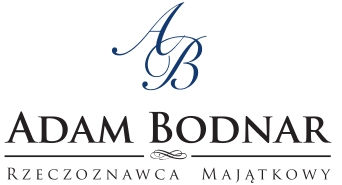During this stage, teammates are excited to join the team and eager to begin new tasks and projects. At stage one, employees have high expectations for themselves and their colleagues. They are driven to succeed, which may cause some anxiety as they get to know their peers and settle into the team’s culture. Employees at this stage are curious and may outwardly showcase their enthusiasm and ask plenty of questions.
- Check in with your team to ensure you give them the level of support they need.
- Check in with them about their long-term goals for their roles within the company and determine if they’re ready for a challenge.
- In the adjourning stage, most of the team’s goals have been accomplished.
- By taking these steps, leaders can help their teams progress through the stages of group development and achieve their goals.
- Supervisors of the team during this phase are almost always participating.
Team learning is a behavioral process of seeking, gathering, discussing, and implementing methods of team success. Whether through training, group initiative, or innovative leadership, team learning is an action step that ensures healthy team development. As the real work kicks in, the project may present both technical and interpersonal challenges. Individual work habits, leadership decisions, or lapses in communication can cause tension within a team.
steps to create a daily schedule template (with example)
The team members may also express uncertainty or anxiety about their next steps or future organizational roles. The team members typically get to know each other during this initial stage. Relationships start to form as they identify strengths, weaknesses, and shared interests.
Each member of a team is valuable to the common goal in their own way, using a unique set of skills to fulfill a team role. And yet, everyone on the team shares the same orientation and attitude. Though this may sound easy on paper, balancing individual and common goals within a team is quite difficult, especially during periods of stress, failure, or discord. In this stage, all team members take responsibility and have the ambition to work for the success of the team’s goals. They start tolerating the whims and fancies of the other team members. The danger here is that members may be so focused on preventing conflict that they are reluctant to share controversial ideas.
High-Performing Teams
Real work rarely gets done at the forming stage, but it’s not a problem. At this point, the focus is not on results but rather on building relationships with one another and finding a shared purpose. The https://kvintet-okna.ru/responses/certification/nac-sert initial stage is usually marked by a mixture of attitudes and feelings. Some members will be excited and optimistic about joining, while others will be anxious or perhaps skeptical about their roles.
